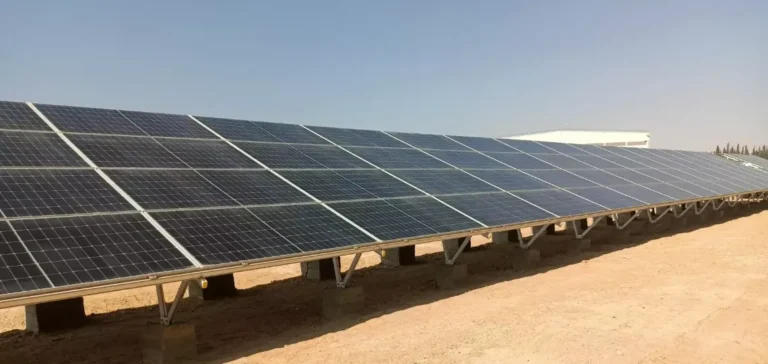Norwegian developer Empower New Energy has announced the commissioning of a 1.1 megawatt-peak (MWp) solar photovoltaic power plant for L’Oréal Egypt, located in the city of 10th of Ramadan. This project, designed for industrial use, is based on an investment fully financed by equity, with no recourse to bank debt.
The plant is sized to produce 1.6 gigawatt-hours (GWh) of electricity per year. The infrastructure is intended to meet the energy needs of a production site while aligning with an investment model aimed at securing high-availability energy assets. The financing structure enables rapid deployment, from planning to commissioning, without exposure to debt-raising risks in the markets.
Industrial rollout and financial structuring
Empower favors a development model based on direct ownership of energy infrastructure dedicated to the industrial sector. This strategy was implemented in Egypt as early as December 2024, through a 50 million US dollar agreement with Engazaat to finance a 40-megawatt (MW) solar project portfolio for industrial and commercial clients.
By targeting high-energy-demand enterprises, Empower secures revenues through long-term contracts while reducing the financial complexity associated with debt. This real-asset capital investment model aims to enhance the energy resilience of industrial sites amid fluctuating energy production costs.
Portfolio expansion and replication logic
Empower’s strategy in Africa relies on the multiplication of comparable projects, with a standardization of both technical and financial models. In June 2025, the company launched the second phase of its solarization program for the Justrite retail chain in Nigeria, confirming its intent to replicate this model on a regional scale.
The adopted approach focuses on control over construction timelines, asset ownership retention, and contractual engagement with creditworthy industrial clients. Empower thereby pursues a local anchoring strategy through capital investment, targeting markets where national grid access remains limited or unstable.






















